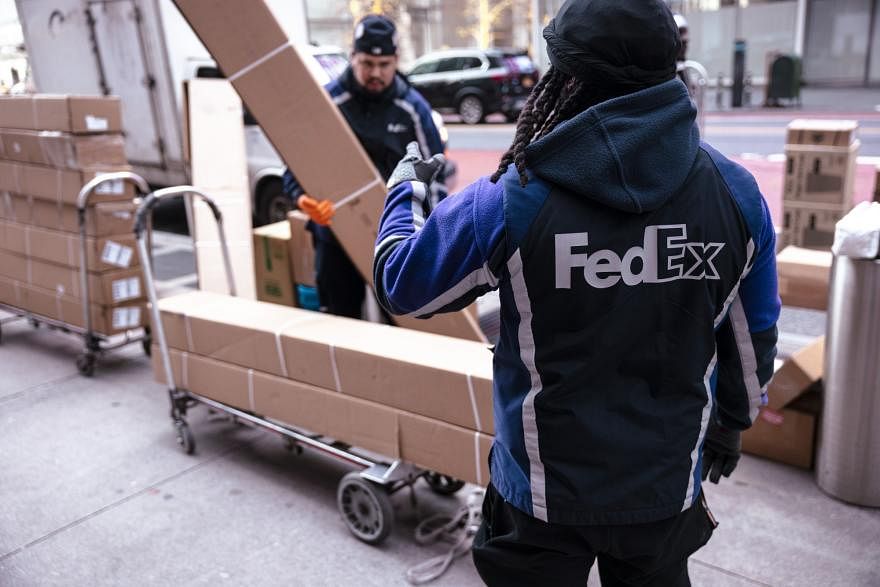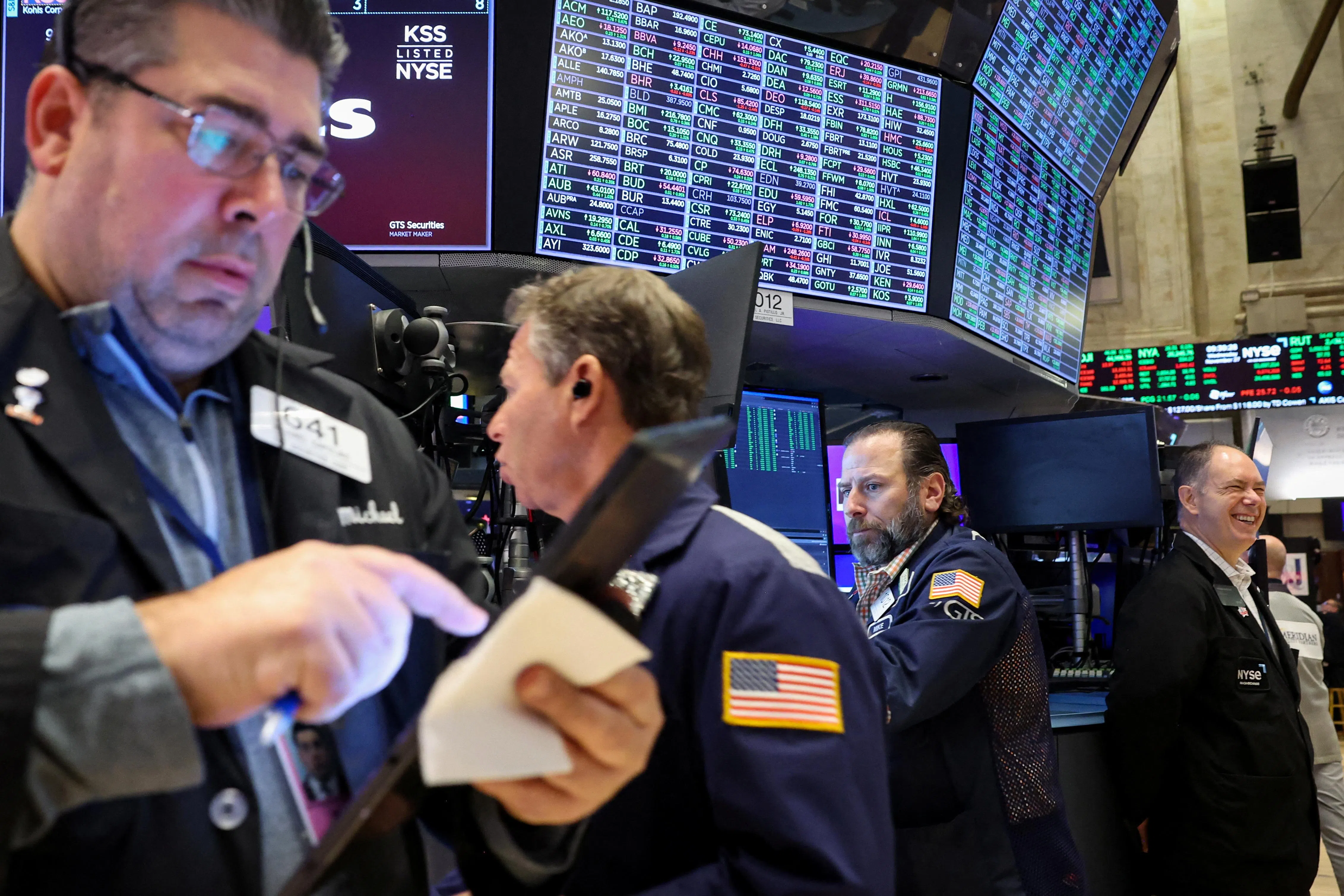FEDEX plans to buy back US$5 billion of its shares as cost-cutting efforts have helped boost the courier’s profits.
Adjusted earnings were US$3.86 a share for the period ending Feb 29, topping Wall Street’s third-quarter expectations of US$3.46 a share, FedEx said on Thursday (Mar 21). Sales of US$21.7 billion fell slightly short of estimates compiled by Bloomberg.
Chief executive officer Raj Subramaniam is in the process of restructuring the company’s delivery networks, part of a sweeping plan that has included tens of thousands of job cuts. The overhaul, announced last year, marks a shift from the strategy of founder Fred Smith, who started FedEx in 1971 and long defended a two-network approach as a competitive advantage.
“We are making meaningful progress on our transformation,” Subramaniam said. The overhaul plan has made permanent cost reductions of US$1.8 billion, while also boosting operating income and lifting margins.
The shares rose as much as 13 per cent after regular trading in New York, while competitor United Parcel Service advanced 4.6 per cent. FedEx had gained 4.7 per cent this year to Thursday’s close, trailing the broader market.
The results reflect the progress Fedex has made in turning around its Express division, which has struggled amid a shift by consumers and businesses towards sending mail and packages via ground. Both Express and the Ground divisions benefited from lower structural costs in the quarter, FedEx said.
“FedEx gave investors plenty to celebrate especially as it relates to showing progress towards reducing structural costs and its announced US$5 billion share repurchase programme,” said Bloomberg Intelligence analyst Lee Klaskow.
The better-than-expected performance came despite national service disruption in January due to poor winter weather.
FedEx on Thursday also narrowed its profit forecast for this fiscal year. It now sees adjusted earnings of US$17.25 to US$18.25 a share, compared with an earlier range of US$17 to US$18.50.
The new buyback plan comes in addition to an existing US$600 million that remains under its 2021 initiative. BLOOMBERG







